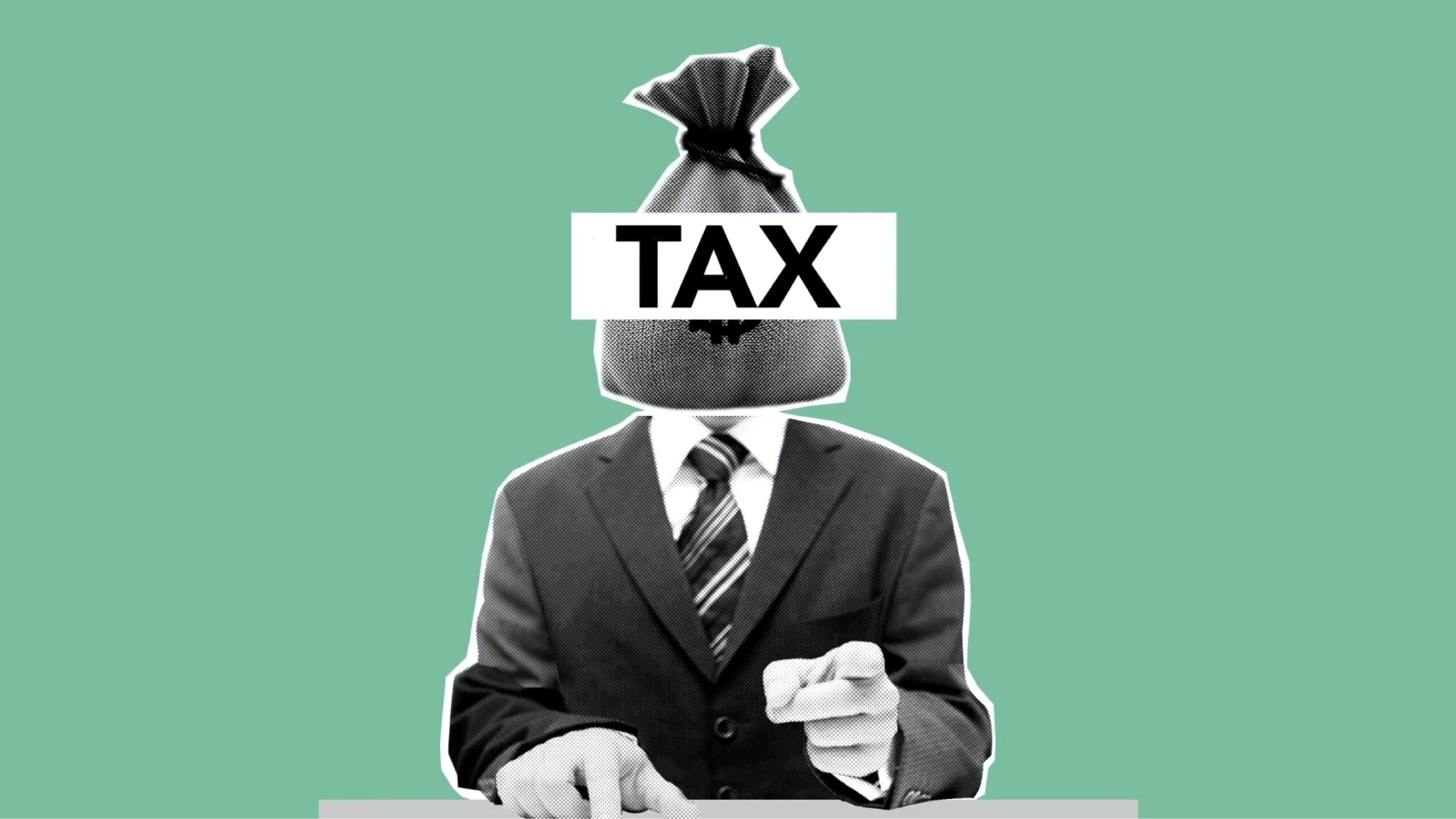Dear public,
A big caveat: This is a space provided to me by Daily Trust to air my (sometimes controversial) thoughts on matters concerning our dear country. If you somehow find this piece to be distasteful, like the young people say, feel free to waka pass. I do not care to be the subject of ridicule like one respected senator.
That said, this is the way I see it.
A man has two wives. He married the first wife when he was a young officer. She had just finished secondary school and expressed no desire to further her education, preferring instead to look after her battalion of children. The husband, fed up with her demands and complete dependence on him, encouraged her to go into trade. Following in the tradition of her forefathers, this Fulani woman took up farming and rearing of animals. Before long, she was quite successful but was still hindered by her traditional values. Her strengths are her warmth, hospitality and honesty.
The second wife, on the other hand, is what we call exposed. She is street-smart, overtly extroverted and highly educated. She possesses the cut-throat ambition that the first wife lacks, and coupled with heavy makeup, makes for the more attractive wife. Because of her exposure, book-smart and business background, she succeeds in attracting investors to her many companies.
- A story of communities living on bees
- 2027: Zoning takes front seat as early campaigns begin for Nasarawa guber race
The husband is happy with both wives but now has a dilemma. A career civil servant all his life, he has now retired and received a hefty gratuity. Should he divide it equally between his wives? But how can it be equal when the second wife who has only two children is the one with the ability to invest it and generate more profit? How can he give the first wife the same amount when she has 12 children and insists on marrying each one off in grand style? How can he give them the same amount when their priorities are different, and one woman’s lifestyle keeps dragging them back?
I will let you decide who the first and second wives represent.
Nigeria’s history of taxation includes a variety of taxes and tax systems from before colonisation to the present day. During the pre-colonial era, the northern part of Nigeria had a tax system based on Islamic law, with taxes such as Zakat, Jizyah, Shukka-Shukka, Jangali, and Kurdin Kasa. The southern part of the country was less organised and did not have a centralised tax system. The colonial administration introduced direct taxes, such as personal income tax and indirect taxes, such as customs duties on imported goods. The introduction of these taxes was met with resistance, such as the Aba Women’s Riot of 1929.
President Bola Ahmed Tinubu transmitted four tax reform bills to the National Assembly on October 3, 2024. The bills are expected to overhaul tax administration and revenue generation in Nigeria as many of the provisions contained in them are landmark in nature.
Because I am not an economist, I will not bore you with the details of the tax reform. It is my belief that the issue has already been over-flogged; what remains is comprehension – a subject many failed in school.
Health care services are regarded as public health goods because they promote the health of the community. In Nigeria, 70 per cent of health care is provided by the private health sector. Incentives for the growth of the private health sector are therefore critical to national development. Upgrade of existing public hospitals, especially in low-income countries, establishment of public-private partnership and creating enabling environment for private health care businesses to thrive, are some of the strategies (among others) that can be adopted to address shortages in the health care industry.
The health workforce shortage situation in sub-Saharan Africa is another issue that continues to be a source of concern that needs to be addressed. Sub-Saharan Africa has 11 per cent of the world’s population and bears more than 24 per cent of the global burden of disease but has only 3 per cent of the world’s health workforce. No thanks to the japa phenomenon.
Varied amounts are paid as taxes/levies by health business practitioners to various levels of government, including the communities, and unfortunately sometimes to impersonators (touts). This is apart from the heavy bills of electricity, diesel and the cost of maintaining expensive equipment. These experiences have the potential to create mistrust between practitioners and government agencies. Additionally, these multiple taxes/levies could negatively impact new small and medium-scale businesses, preventing them from attaining their potential, or outright discouraging enough to partly lead the entrepreneur to close business in favour of greener pastures.
Although we know that the items exempted from the Value Added Tax (VAT) as listed in part IV of Chapter 8 of the Nigeria Tax Bill include food items, medical items, baby products, transportation, electricity, LPG, CNG, petrol products, the truth is that it is simply not true. Where VAT is not collected, other forms of levies are enforced.
In October of this year, the Guild of Medical Directors (GMD) reported that over 50 per cent of private hospitals in Nigeria had shut down due to rising operational costs and economic challenges. Dr Raymond Kuti, GMD president, called for urgent government support to prevent further closures and sustain the role of private hospitals in health care.
Are these tax reform bills the answer to our problems? The bills appear to be business-friendly as it exempted every small business whose annual turnover is below N25 million from paying profit tax and progressively reduced the top rate profit tax paid by larger companies from 30 per cent to 25 per cent.
According to section 56 of the tax bills, a small company will be taxed 0 per cent (zero rated) while other companies (medium to large) will be charged 27.5 per cent in 2025 and 25 per cent from 2026. This is against the present 30 per cent CIT rate for large companies with over N100 million turnover, and 20 per cent for medium companies with over N25 million to N100 million turnover.
As much as 90 per cent of businesses in Nigeria fall under the small business category. This means that around 90 per cent of businesses in Nigeria won’t be paying profit tax under the NTB. The bills equally reduced the tax burden on big businesses and free more resources for them to expand, which will lead to job creation.
The bills, in section 20(1)(a)-(l), also indirectly reduced the taxable income of the company by increasing the deductions allowed from the company’s gross earnings before ascertaining the profit, which is eventually taxed. The bills also eliminated a minimum income tax of around 1 per cent of gross earnings hitherto imposed on companies that did not declare profit.
The bills went further in section 59 to harmonise all the special deductions on companies’ profit (different from the profit tax) into a single development levy that is expected to progressively decline from a rate of 4 per cent in 2025 and 2026 assessment years to just 2 per cent from 2030.
Sounds good, right?
The problem of Nigeria has never been lack of good policies, but rather, lack of political will and implementation. If these wonderful reforms as described would address the problems of the private health sector, then it is very much welcome.
Unlike the Aba women, let us wait and see if it would favour us.

 Join Daily Trust WhatsApp Community For Quick Access To News and Happenings Around You.
Join Daily Trust WhatsApp Community For Quick Access To News and Happenings Around You.


